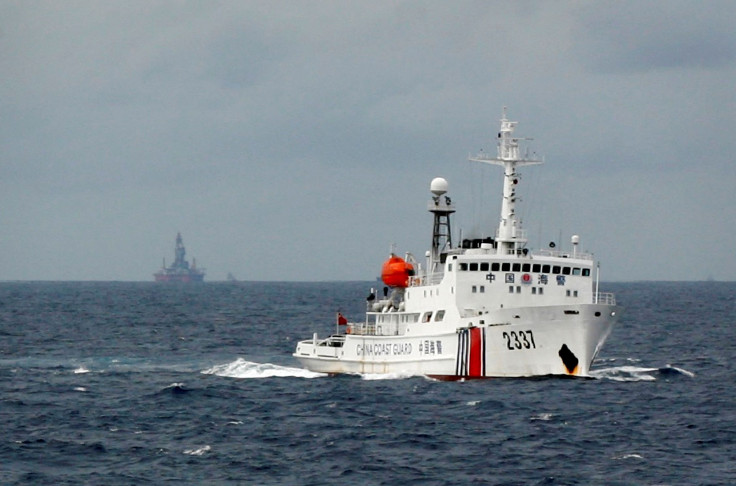South China Sea Controversy: Beijing Says Territorial Dispute Discussions Will Not Be Welcomed At ASEM Summit

The territorial dispute over the South China Sea should not be part of a discussion at the Asia-Europe Meeting (ASEM) in Mongolia at the end of the week, a senior Chinese diplomat said Monday. The South China Sea territory has been long debated, with Beijing laying claim to most of the region.
Chinese Assistant Foreign Minister Kong Xuanyou said that the summit, which happens once every two years, is designed to discuss issues between Asia and Europe, and discussion about South China Sea will not be welcomed at the event. The summit will be the first multilateral diplomatic gathering after the July 12 ruling by an arbitration court hearing related to the dispute between China and the Philippines over the South China Sea.
"The ASEM leaders summit is not a suitable place to discuss the South China Sea. There are no plans to discuss it there on the agenda for the meeting. And it should not be put on the agenda," Kong said.
The Philippines has brought a case at an international tribunal in The Hague in 2013 contesting China's claims in the area, arguing they are illegal under the United Nations Convention on the Law of the Sea. But Beijing has repeatedly said it would not abide by PCA’s ruling, calling the case “a farce” and the court’s arbitration a United States tool “to impose more pressure on China, causing more tensions in the South China Sea.”
China has blamed the U.S. for igniting trouble in the South China Sea, through which over $5 trillion of maritime trade passes annually. Brunei, Malaysia, the Philippines, Taiwan and Vietnam also have conflicting claims to the waters.
However, diplomats from Beijing, who are part of the ASEM, believe that discussions over the South China Sea dispute are inevitable during the summit, which is expected to be attended by Chinese Premier Li Keqiang, Japanese Prime Minister Shinzo Abe and German Chancellor Angela Merkel.
While talking about the territorial dispute in the South China Sea, Kong said that the tensions are escalated as certain countries outside the region have been adding to the issue with their force and interference.
"There is no reason to get the South China Sea issue into this ASEM meeting citing freedom of navigation and security interests as causes of concern. It's got no leg to stand on," Kong said.
© Copyright IBTimes 2024. All rights reserved.





















